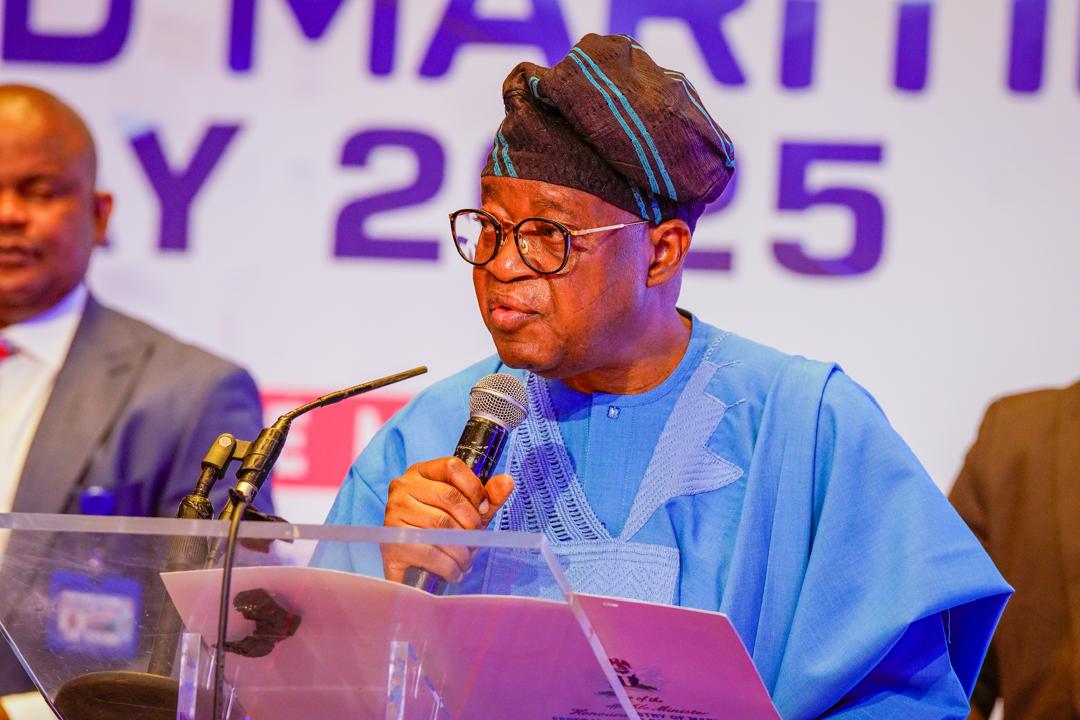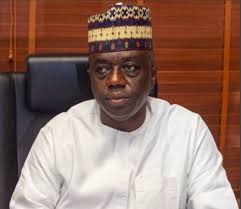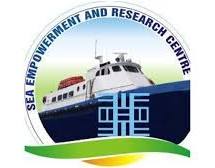Maritime
Maritime Sector Holds Promise, But Reform Is Urgent — SEREC Warns

BY GBOGBOWA GBOWA
As Nigeria marks 65 years of independence, the Sea Empowerment and Research Center (SEREC) has issued a sobering assessment of the country’s maritime sector, calling for urgent reforms to unlock its full economic potential.

Fwdr Nweke
In a press statement titled “Nigeria at 65: The Maritime Scorecard We Cannot Ignore,” Fwdr Eugene Nweke Rff, Head of Research at SEREC, praised key achievements in the sector but warned that structural weaknesses continue to undermine progress.
SEREC highlighted several positive developments including reported decline in piracy incidents in the Gulf of Guinea, credited to multinational patrols and improved surveillance.
The group also lauded what it referred to as the expansion of seafarer training, with hundreds of cadets supposedly now completing mandatory sea-time. It also noted the activation of inland container depots and dry ports, it says is helping to decongest Lagos ports.
Speaking on the creation of the Ministry of Marine and Blue Economy, serec says the development signals a shift toward diversifying revenue sources beyond oil.
“These are steps in the right direction but they are not enough to transform Nigeria into a true maritime power”, Nweke noted.
Despite the identified progress, SEREC signpost several critical gaps, lamenting that the steel and shipbuilding industry is stagnant; with shipyards dependent on imports and unable to support large-scale operations.

According to SEREC, the national carrier efforts lack depth, with only one operator and limited private sector involvement. The group also expressed worry that the nation’s multimodal transport infrastructure is underdeveloped, leaving ports overly reliant on road networks.
It stated further that environmental sustainability is missing, with port concessions failing to meet global decarbonisation standards; while trade imbalance continues, with imports far outweighing non-oil exports.
Nweke explained that security costs remain high, as Gulf of Guinea transits still attract war-risk insurance premiums.
Offering a roadmap for what must change and the necessary reforms to adopt to achieve workable solution, SEREC listed the urgent revival of the steel industry, even through modular mini-mills, to support shipbuilding.
Second is implementing the Blue Economy policy with focus on fisheries, aquaculture, ocean energy, and seabed mining; and developing multimodal transport, integrating rail, barges, and inland ports.
The group emphasized the shifting of focus from revenue collection to trade efficiency, to achieve a lowering of port costs leading to improvement in cargo flow.
“The maritime sector holds the promise of jobs, industrialisation, and regional leadership. But without structural reforms, we risk repeating the oil paradox — rising revenues, rising costs, and vanishing welfare.”
He concluded with a call to action: “At 65, the time for ceremonial speeches is over. The next decade must be about execution — steel for shipbuilding, disciplined governance, green ports, empowered seafarers, and multimodal integration.”
As Nigeria celebrates its independence, SEREC’s message is clear: the nation’s maritime future depends not on promises, but on performance.





































